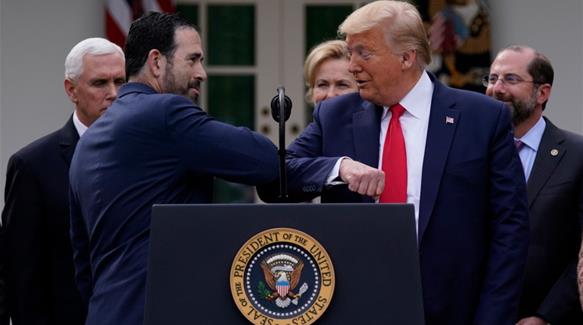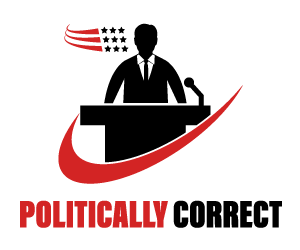How the Coronavirus could affect the US elections
The first U.S. presidential debate is set to take place in Cleveland on Tuesday, 29 Sep 2020. The debate would continue till Thursday, 22 Oct 2020 in preparation of the November 3rd election.
The election, which would see current President Donald Trump go head-to-head against the former vice-president Joe Biden, has had many in doubts as to its occurrence. Due to the massive impact of the coronavirus on the US, the 2020 presidential election has suffered a lot of strain, postponement, and delays. However, it seems the date of the election remains unflinching.


However, many fear that the timing could affect the voting outcomes and preferences, as well as voters’ turnout on the D-day. Most Americans expect the crisis to cause disrupt the voting process as we know it.
According to a national survey carried out by the Pew Research Center from April 7 to 12, over two-thirds of Americans show great concern that the pandemic will largely affect the voters’ ability to vote properly. It also shows that half of the participants favor that the election be conducted via mail.
This is indeed an uncharted territory for America as a nation – politically, economically, and psychosocially. In order to maintain social distancing in the voting lines, there is a tendency that the queues can become overwhelmingly long. This could serve as a discouragement to many intending voters. Citizens would require an alternative to going to the polling booths, and the states would have to provide them with it.


Oregon, Washington, Colorado, Utah, and Hawaii have all spearheaded the election by mail alternative. As expected, the process was not free from fraudulent votes. However, if this would be the option, there are a lot of logistic complexities to conquer.
Unfortunately, the pandemic does not put the current president in a good place. The president’s performance during the pandemic will be very fresh in the minds of millions of voters. Those citizens who evaluate an administration by how it responds to critical situations – either slow or rapid – might not really favor Donald Trump a second term.
